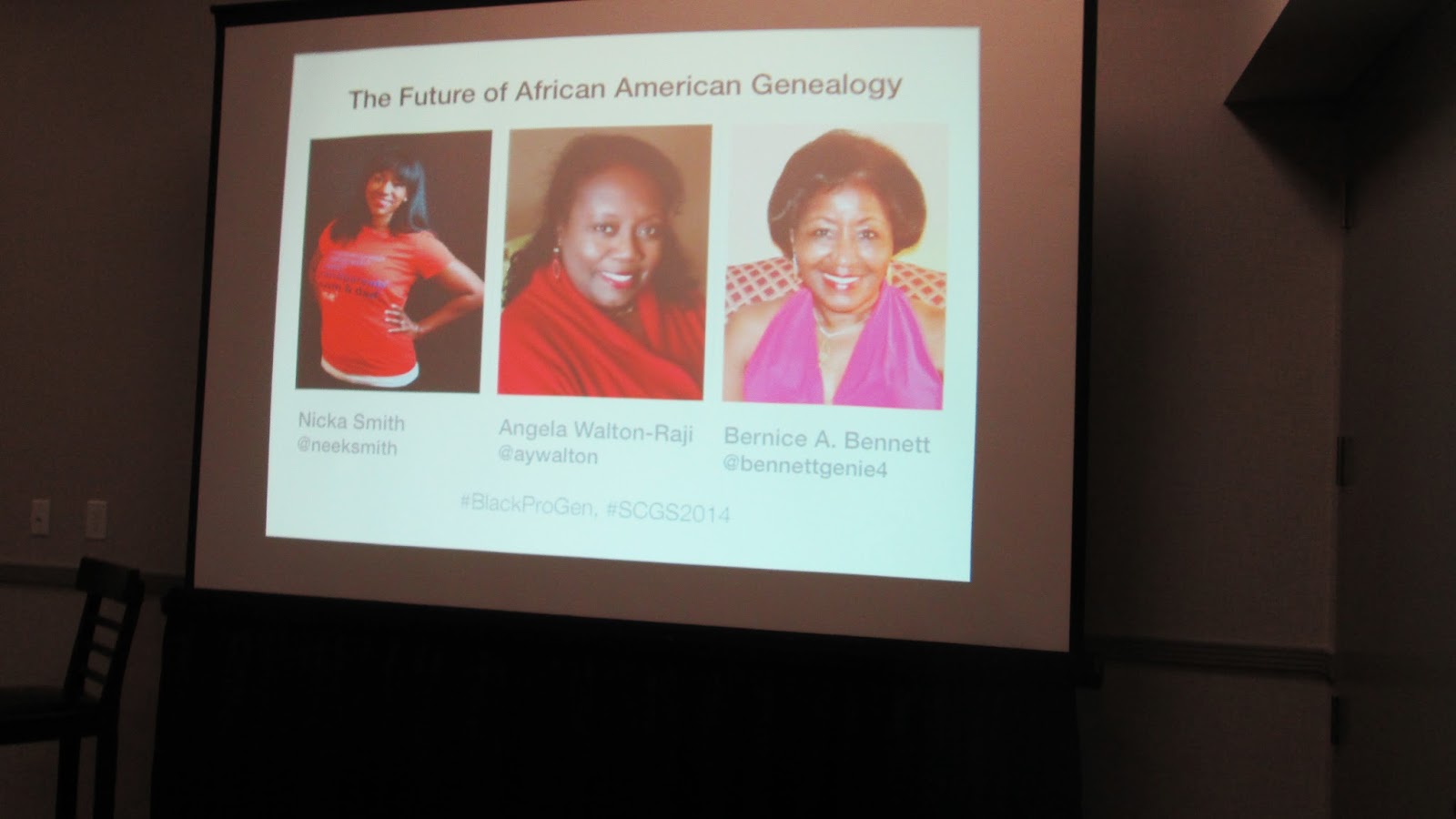The value of the Freedman's Bureau records can not be over emphasized. One often hears people with ancestors from border states referring to the Bureau having little to nothing for them as their ancestral state did not have a Bureau office.
However, it is always wise to look at neighboring states, with the same concept of studying the neighbors in the census records. Just as our ancestors did not live in a vacuum, the states did not conduct business in a vacuum. People crossed county lines and state borders when they needed to and in the case of Missouri which did not secede, there were still people in those Missouri that used the services of the Freedman's Bureau, who made claims of varying types.
While recently examining the Arkansas Freedman's Bureau office and the Ft. Smith field office, I noticed the letterhead on one of the documents. The letterhead reflected that the Bureau served multiple communities, including Indian Territory as well as Missouri the neighboring state to the north.
The following document was submitted by a father of a deceased Civil War soldier who lived in Missouri. The father's name was Alexander Yaeger, who pointed out that he was a free man before the Civil War. In this document he declared that his son Peter Gibbs Yaegar was also not enslaved, and was also a free man.
He requested that any bounty to be paid to his son, now be paid to him, as his son was deceased. He also requested that the bounty be sent to him in at his residence in Missouri.
Source of Images: Family Search Digitized Image of Freedman's Bu-reau Records
Arkansas Field Offices, Freedmens Bureau 1864-1872, Claims Division, Roll 1, Letters and Miscellaneous Papers May - Oct 1866, Image #4 of 46
Link: HERE
Link: HERE
Another part of the same record contains the statement by two others who could verify that the soldiers Peter Gibbs Yaeger was indeed a free man of color and not enslaved. His free status would then have made his father eligible to receive the bounty for his now deceased son who served in the 79th US Colored Infantry. (see second image above.)
This is the kind of document that could be missed by a Missouri based researcher, if it was assumed that Arkansas Freedman's Bureau records would not be essential for the Missouri based family.
When this massive record set becomes indexed, the chances of the Missouri researcher finding data in the Arkansas based records may be higher, however, there still remains the possibility that one might choose to overlook the document based on geography. It is always wise to still examine any records that can be found and to widen one's search to include neighboring states.















